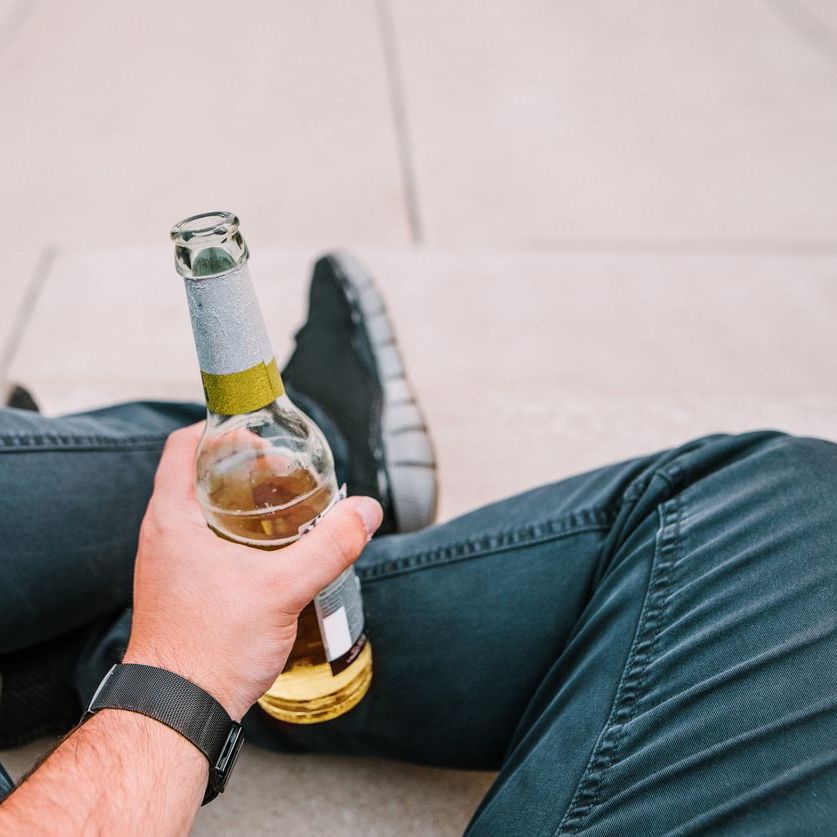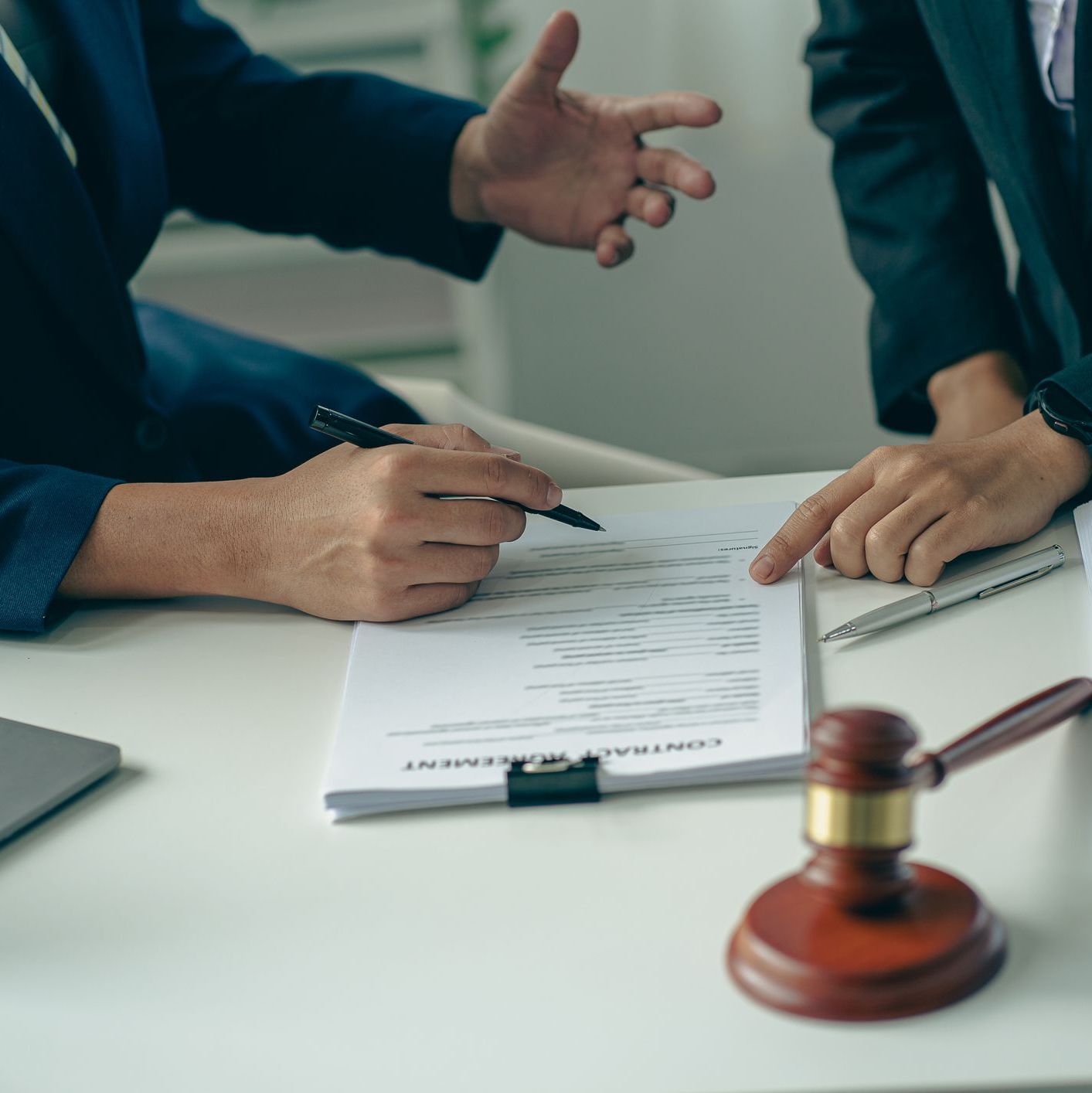As a top criminal defense attorney in Statesboro, Georgia, we understand the difficulties that come with navigating the complexities of MIP and related criminal charges. Schedule an appointment to secure top-tier legal guidance and approach your case with confidence.
Age is an extremely important factor when it comes to assessing, charging, and prosecuting crimes under Georgia criminal law. Laws that establish minimum age requirements for certain adult activities are designed to protect minors from harm and violating them can result in serious legal penalties.
One of the most common types of age-related violations in Georgia is called “minor in possession” (MIP). Although MIP charges exist to increase public safety and protect minors from the risks associated with underage drinking, the consequences of conviction can be just as damaging to the minor’s future. MIP convictions are punishable by a range of legal penalties, including fines, court-mandated education programs, and, in some cases, jail time.
If you or a loved one has been charged with an MIP, it’s critical to seek legal representation as soon as possible. Fortunately, you don’t have to look too far: Joseph Williams Law is here to help. This article will explain everything you need to know about minor in possession of alcohol charges in Georgia, including possible penalties, legal defenses, and more.

Understanding Minor in Possession (MIP) Charges in Georgia
In Georgia, “Minor in Possession” (MIP) charges are legal violations leveled at individuals under the age of 21 who are found in possession of alcoholic beverages. MIP charges are designed to discourage minors from drinking and to reduce their risk of alcohol-related accidents and injuries. According to Georgia Code § 3-3-23, it is illegal for any person under the age of 21 to do the following:
- Purchase alcohol or attempt to purchase an alcoholic beverage
- Knowingly possess any alcoholic beverage
- Misrepresent their age or use false identification to obtain alcohol, i.e. fake id
When a minor engages in any violation of this section, they can be charged with an MIP under Georgia criminal law. However, police officers must adhere to specific requirements when establishing that any of these illegal actions took place.
Elements Required to Charge Someone with MIP
When it comes to charging an individual with MIP, a police officer needs to have more than mere suspicion. Law enforcement officers typically need to establish key elements of the offense, including the following:
- Age. The police officer must verify that the individual is under the legal drinking age of 21. This is usually done by checking their identification, such as a driver’s license or other state-issued ID.
- Possession of alcohol. The officer must either observe or have evidence that the minor is in actual possession or constructive possession of an alcoholic beverage.
- Knowledge of possession. Lastly, the officer must establish that the minor knows they are in possession of alcohol.
There are several methods for establishing possession of alcohol. This is generally done by a police officer’s direct observations. An officer could testify that they saw a minor holding or carrying alcohol. The police could testify that they observed the minor engaging in the consumption of alcohol. The minor could also admit to possessing an alcoholic beverage. They can also establish possession through physical evidence, such as finding alcohol in the minor’s immediate vicinity, as well as witness statements from people who saw the minor in possession of alcohol. A minor can also be charged with MIP if it appears to the officer that the minor is under the influence of alcohol.
Additional Considerations
In order to charge or arrest a minor with possession, a law enforcement officer needs probable cause to arrest. Probable cause is based on direct observations, tips from informants, or other evidence. Searches that lead to the discovery of alcohol must comply with constitutional rights. Individuals, including minors, are protected against unreasonable searches and seizures. Failure to comply with these laws can result in the case being dismissed.
Legal Penalties for MIP Conviction
Individuals who are convicted of an MIP will face a range of legal penalties and other consequences. The severity of which depends on various factors, including whether it is an offender’s first violation or a subsequent violation. Here are a few of the potential penalties associated with an MIP conviction:
- First offense. A first MIP conviction is a misdemeanor, punishable by up to $300 in fines, community service, alcohol education, and up to six months imprisonment.
- Second and subsequent offenses. Second and subsequent offenses could be considered misdemeanors of a high and aggravated nature. The penalties for a second could result in up to $1,000 in fines, community service, alcohol education and imprisonment
- Additional consequences. An MIP conviction could result in a criminal record, which has long-term implications for employment, education, housing, and more.
When considering whether or not to fight an MIP charge, individuals should also consider collateral consequences. An MIP conviction can affect an individual’s eligibility for certain professional licenses, ability to enlist in the military, and even housing opportunities. In some situations, first-time offenders can avoid these consequences through enrollment in a diversion program. An experienced criminal defense attorney can help you explore your eligibility.
Common Defenses to MIP Charges
When it comes to legal defenses, there is no one-size-fits-all strategy. The best approach for you depends on the specific details of your situation and whether or not you have prior criminal convictions. Our criminal defense lawyer can help you explore a few common defense strategies. Any of the following could apply to your case:
- Lack of possession. You did not have physical control over the alcohol or access to it. Perhaps the alcohol was found in a place you did not have exclusive control over, such as a shared space or another person’s vehicle.
- Lack of knowledge. You were unaware of the alcohol’s presence, and it belongs to someone else.
- Illegal search and seizure. The alcohol was discovered during an illegal search, and the evidence should be suppressed.
- Mistaken identity. Your charges are the result of a mistaken identity, and you did not possess any alcohol.
- Insufficient evidence. The prosecution does not have enough evidence to prove possession beyond a reasonable doubt.
- Age. You were actually 21 years of age or older at the time of the alleged offense.
- Entrapment. You would never have possessed the alcohol if not induced by law enforcement officers to do so.
- Religious ceremonies. The alcohol in your possession was being used for a religious ceremony, such as communion.
- Emergency assistance. You were seeking medical assistance for someone experiencing an alcohol-related emergency when you were charged with an MIP. Under Georgia’s Good Samaritan Law, you should receive limited immunity from prosecution.
This is not an exhaustive list of possible strategies but just a few of the many approaches our MIP lawyer can help you explore.

Joseph Williams Law: Trusted MIP Defense Lawyer in Georgia
MIP charges in Georgia are no laughing matter. A conviction can result in a range of serious legal penalties and other ramifications. Fortunately, you don’t have to navigate your options alone. Contact Joseph Williams Law online to explore your legal options alongside a trusted criminal defense attorney.
